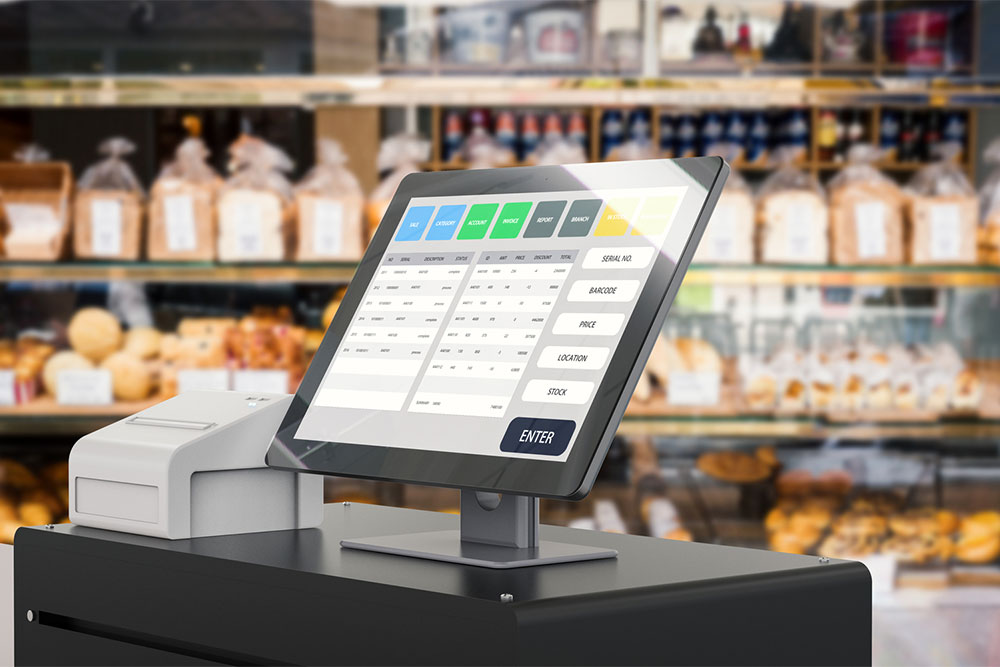
6 common mistakes to avoid when buying a POS system
For businesses, keeping track of customer transactions can be a tedious task, especially when the company is rapidly growing. A point-of-sale or POS system helps process such transactions efficiently, reducing time and effort for retail staff members. Electronic POS systems have been fast replacing cash registers and these can also be used to process transactions made with credit and debit cards. But avoiding certain mistakes when buying a POS system is important.
Buying an outdated POS system
The retail technology world is fast evolving, and to meet these growing demands, retailers need POS systems that are up-to-date and cutting edge. So, buying an outdated POS system can be a huge mistake because these systems may not be able to accommodate modern and upcoming modes of payment. Before opting for a POS system, one should always check whether it has all the features to accommodate such payments.
Not considering the potential post-purchase costs
The expenses involved in owning a POS system aren’t limited to the actual purchase ; they also include long-term considerations, such as whether a support package needs to be purchased, if constant system updates are needed, and the nature of maintenance involved in the system. So, if the POS system offered by one company requires lower maintenance than that of some other vendor, one should consider opting for the former.
Inadequate brand and product research
Another essential aspect before buying a POS system is researching the company that offers it. The company should be reputed in the retail industry, with other retailers vouching for its effectiveness. Checking online reviews and connecting with other retailers is a good idea before buying the product . Also, the specific product offered by this brand should be closely assessed so that there are no defects or shortcomings that can affect one’s transaction processing in the long run.
Forgetting to test the POS system
Just like one would take a test drive before buying a car, it’s essential to test a POS system before buying it to check whether it meets one’s requirements and expectations. So, one should always check a POS system and its functioning, whether it can handle multiple transactions efficiently, and other such aspects. If a company doesn’t allow prospective buyers to test the POS system for free, it’s perhaps time to look for other options.
Buying a system that charges extra for unnecessary features
Every retailer may have distinct business requirements, and it’s important to opt for a POS system that meets such needs. Conversely, if some features in the POS system aren’t required by the retailer and the company charges extra for them, one should speak with the brand about the possibility of eliminating these features and buying the product at a lower price. If this isn’t an option, the retailer should evaluate POS systems by other vendors.
Not checking the product’s warranty period
A POS system should be covered by a warranty period of at least one year so that the retailer is financially compensated for any defects detected in the product within this time. So, one should avoid buying POS systems that aren’t backed by a good warranty option .












